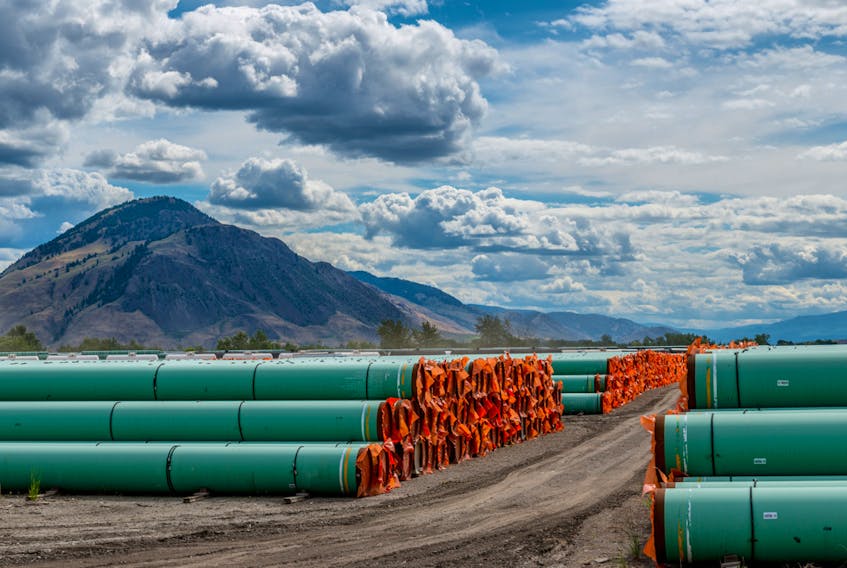The federal government has left a lot of Canadians confused, from people chatting in coffee shops and social media to professional political commentators.
Many of you appear to be having trouble wrapping your head around the idea the Liberals would simultaneously support a motion acknowledging climate change as a matter of utmost urgency while also give its blessing (again!) to the expansion of the Trans Mountain pipeline between Edmonton and Burnaby.
Is it not a contradiction to approve a huge construction project which, upon completion, will allow for the flow of great quantities of crude oil while saying we need to take urgent action to limit the effect of human activity on the planet’s climate?
And as strange as it might sound, the answer is no — this is not a contradiction at all.
It’s a testament to lobby groups’ powers of persuasion that so many of us believe pipeline construction will suddenly cause people to consume more fossil fuels and, as a consequence, force greenhouse gas emissions to rise.
Let me put it in another way.
Were we really expecting the entire developed world to stop using fossil fuels based on the outcome of a handful of North American pipeline projects?
Were we expecting developing nations to forgo economic advancement aided by the use of fossil fuels?
Were we expecting global trade and travel to cease?
I’m going to go out on a limb and say none of those things were going to happen.
It’s not really much of a limb, anyway.
The absence of additional pipeline capacity hasn’t meant Canadian oil isn’t going anywhere.
It’s still being shipped — slowly mind you — by the next-best-possible means.
Data collected by the National Energy Board shows 2018 to have been a bumper year for crude transportation by rail in Canada.
All we’ve been doing for the past decade is waste politicians’ time and taxpayers’ money litigating things that will ultimately have no effect on the world’s demand for energy.
More than once last year, newspapers have published reports proclaiming a monthly record being set for the volume of energy products being moved in this fashion.
Shipments appeared to have peaked in December, when almost 11 million barrels of oil were transported by tank car.
The Trans Mountain, Energy East and Keystone XL pipeline projects have become straw men of sorts for the environmental movement.
It’s easier to fight a concrete project that it is to fight an idea or a habit.
I am all for making sure humans have the smallest possible impact on the world around us.
But all we’ve been doing for the past decade is waste politicians’ time and taxpayers’ money litigating things that will ultimately have no effect on the world’s demand for energy.
And in doing so, governments and private enterprise have been deprived of the very resources they need to make sure we can responsibly ween ourselves off carbon-based energy.
By that, I mean much more than the act of switching to a new supply of energy.
It’s about using less energy.
It’s about generating and consuming it more smartly.
It’s about giving families whose livelihoods currently depend on coal, oil, and gas the necessary knowledge, skills, and tools to adapt to a new employment environment.
It’s about making sure governments whose revenues have been traditionally dependent on royalties from fossil fuels actually prepare for about a future without them — whether it’s because we’ve deliberately chosen to reduce our dependency on those resources or because they have been exhausted.
These are big, complex issues we’re not dealing with — issues we can’t avoid for much longer — because it seems nobody is able to see past the end of a pipeline or two.
On Twitter: @RickyLeongYYC
Copyright Postmedia Network Inc., 2019
Related articles:
DAVID STAPLES: Indigenous people level a crushing blow to U.S. funded anti-oil sands campaign
REX MURPHY : Scheer and Trudeau both continue their tiresome climate charades
Canadian oil industry dismayed as contentious energy bills become law









